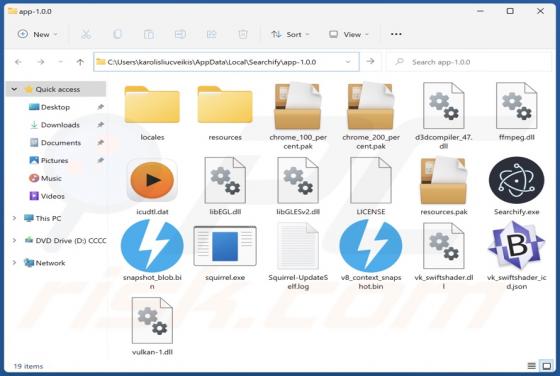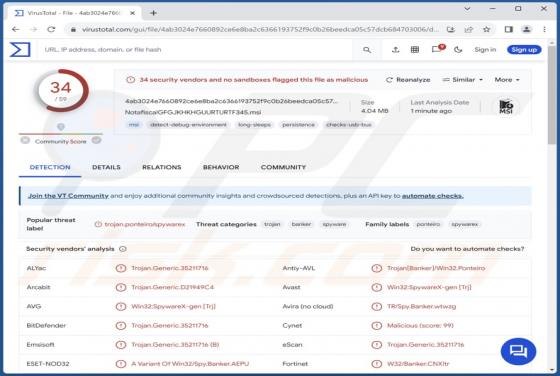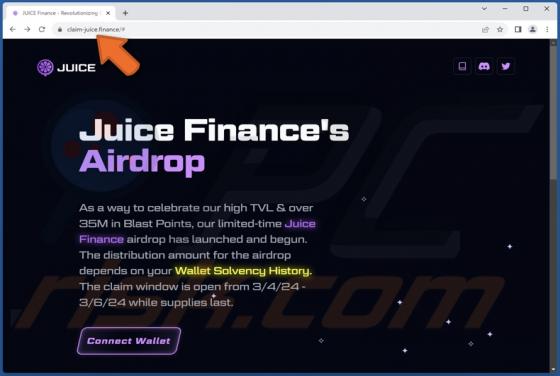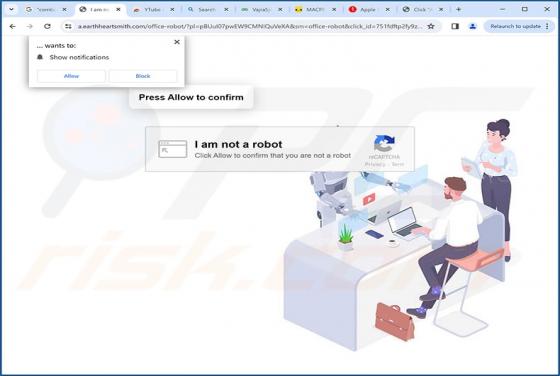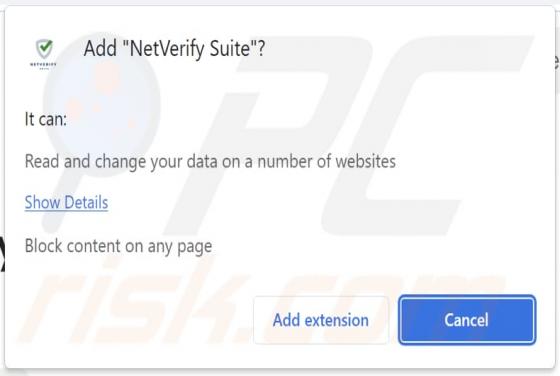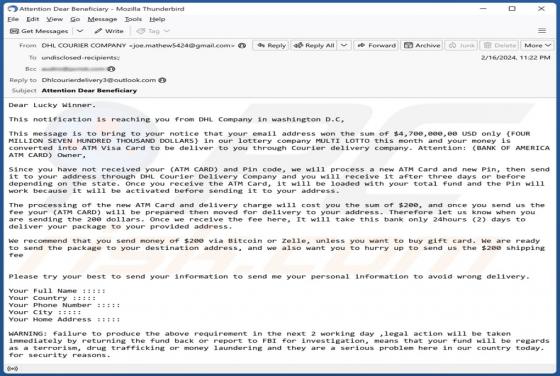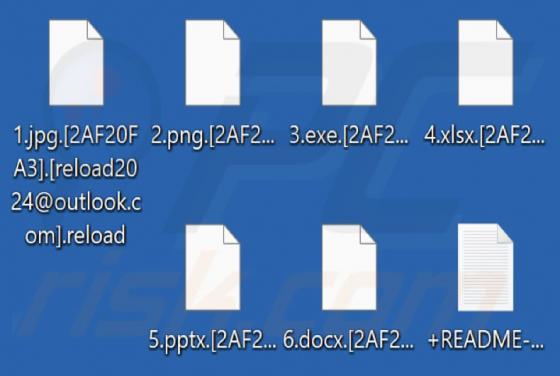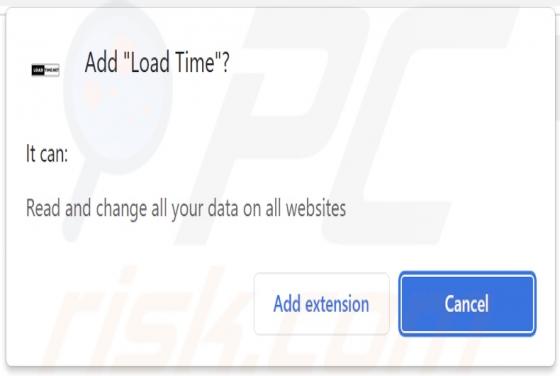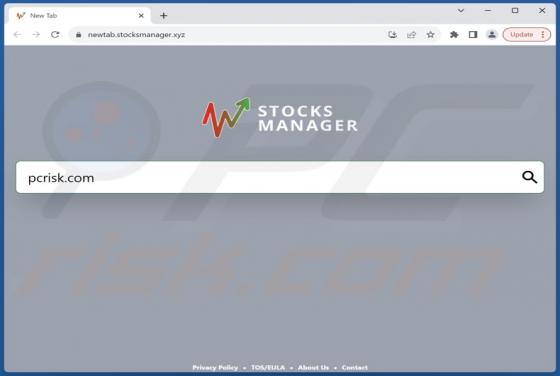
Stocks Manager Browser Hijacker
In the course of our inspection of the Stocks Manager application, we came across the finding that this browser extension changes the settings of a browser by modifying its settings to promote a shady search engine. Apps like Stocks Manager are classified as browser hijackers and should not be tru
